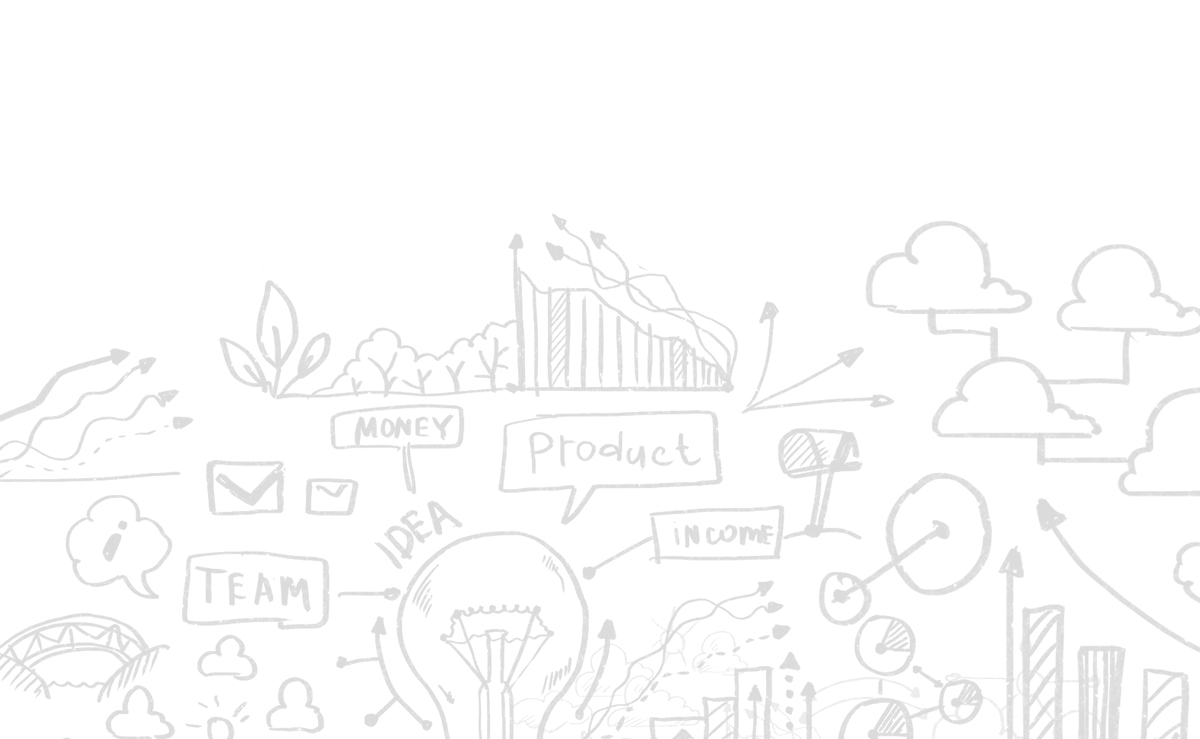ACN - Digital - Analytics - Solutions AI - 09
LOCATIONS:
About Accenture:
Accenture is a leading global professional services company, providing a broad range of services in strategy and consulting, interactive, technology and operations, with digital capabilities across all of these services. We combine unmatched experience and specialized capabilities across more than 40 industries - powered by the world's largest network of Advanced Technology and Intelligent Operations centers. With 514,000 people serving clients in more than 120 countries, Accenture brings continuous innovation to help clients improve their performance and create lasting value across their enterprises. Visit us at www.accenture.com
• Architect and have oversight of the design operations, such as the solution deployment, distribution, KPI monitoring, debugging, maintenance.
• AI Architect's responsibilities include operationalizing AI, mapping requirements to implementation, selecting the appropriate technologies, and evaluating non-functional attributes such as security, usability, and stability.
• AI Architect closes this data-to-insight-to-action loop, which requires deep understanding of the applications and integration infrastructure environment.
• Closely understands mapping IT process to AI process. Influencing and working with stakeholders to establish and accelerate AI adoption.
• Mapping requirements to implementation - Analyzing, coordinating, prioritizing and optimizing requirements come from diverse stakeholders, such as line-of-business users, Data Scientists, analysts, and administrators. Ensures they are implemented within current constraints. The implementation should satisfy current requirements and support future needs without significant rework.
• Selecting technology - The AI Architect is responsible for selecting appropriate technologies from the many open source, commercial on-premises, and cloud-based offerings available. Integrating a new generation of tools within the existing environment is also crucial to help ensure access to accurate and current data. Because technology in this domain is evolving rapidly, another important responsibility of the AI Architect is ensuring that components can be replaced with well-suited alternatives that do not require any adjustment or downtime.
• Evaluating non-functional attributes - When selecting technologies and building the AI platform, the AI architect needs to consider not only the functional requirements, but also the non-functional attributes of platform quality such as security, usability, and stability. The AI Architect plans, designs, and monitors these key characteristics of the AI platform to help ensure that it complies with enterprise standards and that it performs adequately as additional AI solutions are implemented.
• Architect and have oversight of the design operations, such as the solution deployment, distribution, KPI monitoring, debugging, maintenance.
• AI Architect's responsibilities include operationalizing AI, mapping requirements to implementation, selecting the appropriate technologies, and evaluating non-functional attributes such as security, usability, and stability.
• AI Architect closes this data-to-insight-to-action loop, which requires deep understanding of the applications and integration infrastructure environment.
• Closely understands mapping IT process to AI process. Influencing and working with stakeholders to establish and accelerate AI adoption.
• Mapping requirements to implementation - Analyzing, coordinating, prioritizing and optimizing requirements come from diverse stakeholders, such as line-of-business users, Data Scientists, analysts, and administrators. Ensures they are implemented within current constraints. The implementation should satisfy current requirements and support future needs without significant rework.
• Selecting technology - The AI Architect is responsible for selecting appropriate technologies from the many open source, commercial on-premises, and cloud-based offerings available. Integrating a new generation of tools within the existing environment is also crucial to help ensure access to accurate and current data. Because technology in this domain is evolving rapidly, another important responsibility of the AI Architect is ensuring that components can be replaced with well-suited alternatives that do not require any adjustment or downtime.
• Evaluating non-functional attributes - When selecting technologies and building the AI platform, the AI architect needs to consider not only the functional requirements, but also the non-functional attributes of platform quality such as security, usability, and stability. The AI Architect plans, designs, and monitors these key characteristics of the AI platform to help ensure that it complies with enterprise standards and that it performs adequately as additional AI solutions are implemented.



{{$comment.date}}
{{answer.date}}